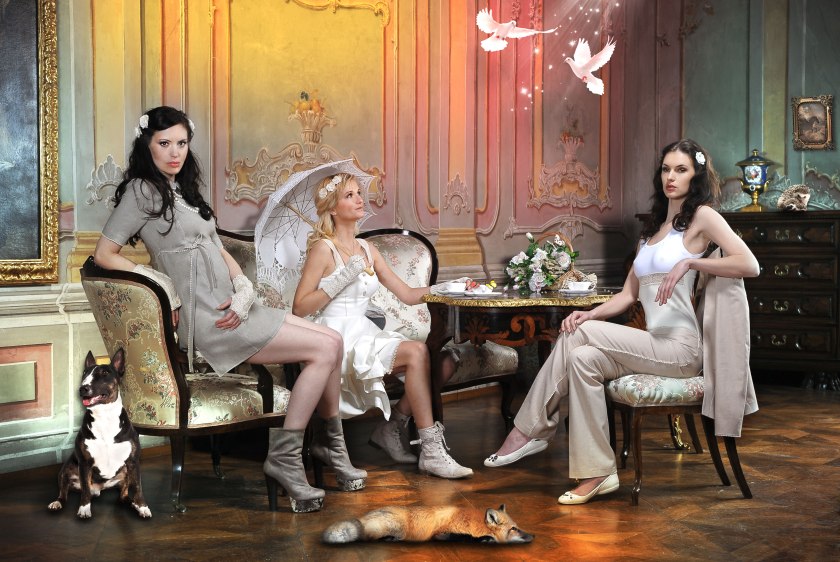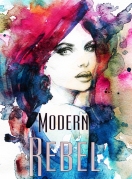By Star Noor, Features Editor
Photos: Courtesy of Beezee EcoLand
FIRST PUBLISHED IN COCO ECO MAGAZINE, ONLINE
Fast fashion has come into our world of consumerism and has quickly taken ahold with our everyday practice of buy more, save more – a mantra that first began with the high savings super-stores that bring the global market to everyone’s doorstep with seemingly affordable prices for everything under the sun – a practice that soon became a part of the fashion world in order to bring a seasonal, trend driven market to every household, enticing fashionistas everywhere to buy, buy, buy!
A trend to let us keep up with the trends soon became the rising star and nearly everyone bought in. Giant bags of low-priced and often on-clearance styles (due to mass turnover and over-production) left giant storefronts in enthusiastic march to become closet-clutter-mashups compiled of everything the owners forgot they ever had, thanks to over-consumerism. These were the first days when we started accepting low-craftsmanship, high industrial pollution, low humanitarian, ethical working standards, and a surge in consumption and waste production rates as acceptable norms. BUY MORE, WASTE MORE, BE MORE…WHATERVER THAT MEANS.
Fast fashion – once a downfall of fashion expressionism altogether due to misguided consumer demand and short-sighted shareholders, has now begun to transform into the new dawn of the style world; the forward progression of conscious-consumerism and ethical production practices of the 21st century which will undoubtedly change the way we see the face of fashion forever.
We have finally come to realize that the past mode of fashion is not only heavier on the collective wallet in the long-run but also far more damaging to our environment and poor working nations than we had been falsely led to believe. We have come to resist the pragmatism of the past eras and revolt against a set system (as we humans often love to do), and begin to reshape our world (in fashion or otherwise) in many creative and conscious ways. One example of this change is BeeZee EcoLand, a label that is aware of its impact in every aspect of their business practices, even at the cost of profitability. I recently chat with Bianca Zvorc Morris about her post-traumatic creation, unique and proactive rather than ‘cookie cutter’ and reactive in its model; an approach which lends to the brand’s very unique personality in many ways.
A brand that is truly noteworthy due to the wisdom and empathetic nature of its founder-designer, who above all else makes it her life’s mission to stay true to her ideals as an eco-preneur. In our discussions, the veteran PR executive turned designer and clean-living advocate had this to say:
Coco Eco: What brought you to BeeZee EcoLand?

BZM: While living in NYC in 2009 the economic crisis moved to the EU and a lot of women I know lost their jobs in the textile industry in my birth town in Slovenia. I wanted to do something more in tune with my general ethical convictions and start a project that would use all of my skills to help others and make this planet a better place for all of us. In 2010 we moved to Germany and I got a job in an advertising agency working as an AD/CD [advertising director/creative director for H&M, C&A and Zara. That was the first time I learned how “fast fashion” is toxic and harmful. I left my job and started focusing on BeeZee EcoLand, a project that is supporting three single mothers in Slovenia with earned income.
Coco Eco: Your business model is designed with growth projections purposefully mindful of your brand’s mission as geared towards your personal purpose; why did you choose this model for your brand?
All of my life I was interested in ecology and a healthy, compassionate lifestyle. I like to think global, but wanted to act local. My time on Earth is short so I want to help and make this planet better for all of us – especially the future generations that are inheriting what is unfortunately a truly sad planet. My biggest happiness in life (and a privilege) is to be able to help others – especially children, animals and nature. When I learned about the cruelty and dangers behind fast fashion I had to do something. The topic has received some, but unfortunately not nearly enough, attention in the media. Organic fabrics with the lowest carbon foot print do not cause sickness in people or wildlife with herbicides, pesticides, insecticides, GMO seeds. Fair-trade where people get paid well and work in truly safe conditions were extremely important to me. Only happy people can make clothes that are full of positive energy and love – I like to think they work as a protection shield in many ways for those who wear them.
Coco Eco: How much of an impact, in your opinion, does the dying process of textiles have on the environment?
BZM: The chemicals that we use to produce dyes are highly toxic, carcinogenic or even explosive! Chemical Aniline in AZO dyes are considered to be deadly poisons. Other harmful chemicals are dioxin (hormone disrupter), toxic heavy metals (chrome, zinc, copper…) and formaldehyde that is a carcinogen. They are dangerous for dye workers, cause environmental pollution around these facilities (dump water) [mainly] in underground water – many people in the undeveloped world even drink this kind of water – and the chemicals are not safe for those who wear these clothes – the final consumer!
Email your order to info@beezeeecoland.com, and code “BeeZeeEcoLand-ModernRebel” for a 5% discount.


